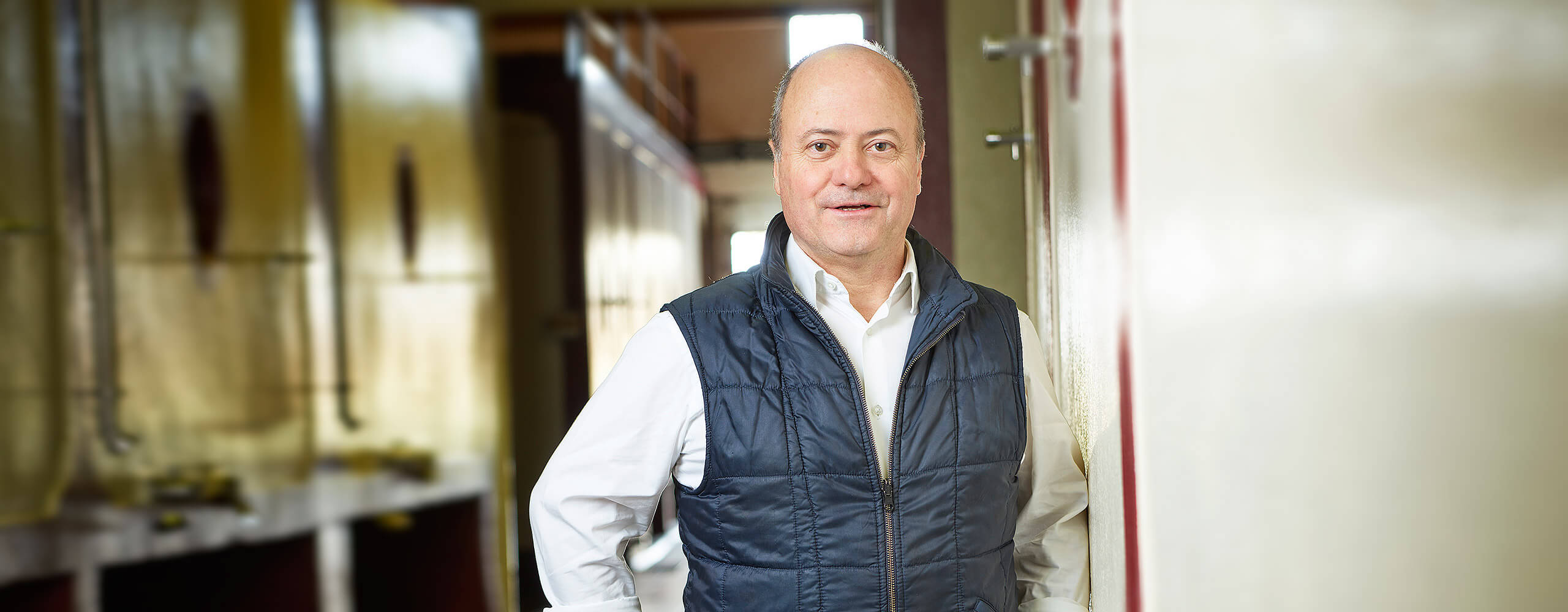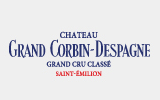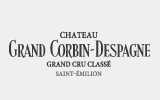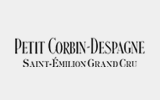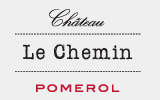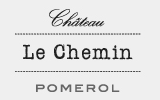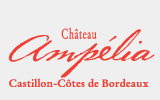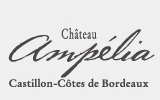François Despagne owns the estate today and conducts all aspects of this subtle wine growing symphony. His devotion to this land, passed down to him from his ancestors, embraces a deep respect for the vineyard’s natural environment. Describing himself as a modern traditionalist, this ambassador of terroir nevertheless keeps a constant eye on modern solutions to enhance and perfect his wines.
Download Grand Corbin-Despagne philosophy
“My family is one of the oldest in Saint-Emilion. We have found documents showing that our family roots go back to the 17th century. Depending on the generation, we have done all sorts of wine-growing jobs. We were often vineyard workers, day-labourers and ploughmen.
In 2012, we celebrated the 200th anniversary of my family being on the Grand Corbin terroir. It was in fact my ancestor Louis Despagne (whose family were smallholders at Cheval Blanc), who purchased the first family parcels in 1812 at a place named Grand Corbin, just a few acres away from that prestigious growth. His son extended the vineyard taking it from just a handful of hectares to around twenty, a surface area which has remained largely unchanged ever since. The wine in those days was called “Cru Grand Corbin – propriétaire Despagne”. Towards the end of the 19th century, the name became Château Grand Corbin-Despagne. My grandfather, Paul, brought recognition and renown to the growth when he received several awards for the estate, one of which was the title Great Classified Growth at the time of the first classification of Saint Emilion growths in 1954.
After completing my studies in molecular biology (with a specialisation in microbiology, œnology and ampelology) and gaining experience in advising and managing wine properties, I was asked by my family in 1996 to take over the wine estate. I today represent the seventh generation of the same family on the land of Grand Corbin.
From the moment I arrived here, I developed a passion for the estate’s vines and different terroirs and very quickly set up an in-depth survey of all those different terroirs that make up Grand Corbin Despagne.
The vineyard is located in the north of the Saint-Emilion appellation, adjacent to Pomerol; and there are two main soil-types: siliceous-sandy-clay with superficial iron deposits and ancient sands over compact blue clay.
A study of 150 soil pits carried out in parallel with a measuring of the soils’ water supply constraints, enabled us to establish the viticultural identity of 53 parcels, whose variables were the grape variety, rootstock type, vine age and terroir. With this data we were able to put into place a system of plot by plot management of the vineyard.
From the pruning to the harvesting, all necessary vineyard tasks (de-budding, removal of double buds, de-leafing, crop thinning and de-suckering) are carried out with the single aim of achieving grapes of the highest quality.
Before the harvest, grape ripeness is tested by tasting the berries on the vines, followed by a chemical lab analysis of the fruit, to ascertain the optimum date for picking. After being hand-harvested in small crates, the bunches are sorted firstly in the vineyard, followed by a second sorting at harvest reception before being de-stemmed. The berries then undergo further sortings as they pass along a vibrating table, an air-knife sorting table and finally along a manual sorting table. Depending on the batches harvested (each one coming from separate parcels of the vineyard), the berries are distributed in the vat cellar to 32 different temperature-controlled vats. Each batch is vinified according to its potential and is carefully monitored through regular observation, analysis and tasting.
After the skins have macerated and the wine has been run off the skins, the lots are pre-blended and sent to the barrel cellar, where they go into 312 oak barrels for around 12 to 18 months, depending on the lots and the vintage. The final blending is then carried out. The wine is finally bottled some 21 months after the harvest.
The common thread in my work as a winemaker is anticipation, respect and stability, which enables me to produce the best possible wine in each vintage. With careful monitoring and decision-making during the whole of the growing season, I aim to make a precise wine that reflects the wine’s terroir and the identity of our Grand Corbin area and is worthy of its origin, which has given it its renown for nearly 200 years.
As from 1996, the vines were grown according to integrated and sustainable farming principles (with AFAQAFNOR certification since 2005) as part of a sustainable economy approach (Terra Vitis charter). No herbicides have ever been used. In 2004 we conducted trials on a part of the vineyard following the principles of organic farming, before converting fully to organic farming in 2010. In 2013 we acquired “Organic Wine” certification. Since 2018 we have trialled a number of plots using biodynamic practices. No herbicides have ever been used.
Grand-Corbin Despagne is a member of the First Association for the SME (Environment Management System) of the wines of Bordeaux, which was awarded ISO 14001 certification in July 201. We also have HVE3 (High Environmental Value Level 3) certification.
This environmental approach is also pursued at my other vineyards: Château Laporte Reine Blanche, a Saint-Emilion Grand Cru, Château Le Chemin in Pomerol, and Château Ampélia in Castillon – Côtes de Bordeaux, all of which have received Organic Wine certification.
Technical cellar tours and tastings at the estate are possible with a previously arranged appointment. We work in partnership with the Bordeaux and Saint-Emilion tourist offices, particularly within the Bordeaux Grands Crus programme (UNESCO), and we are certified members of Vignoble et Chai in the Bordeaux region. Our efforts were rewarded with a gold medal by the Best of Wine Tourism award by the Bordeaux Chamber of Commerce in its category “Promoting environmentally friendly practices through wine tourism”.
Living with my family on this land at Grand Corbin, where my ancestors created this growth, is a real source of pride for me. It’s a privilege and a responsibility and provides a link from one generation to the next.
Our doors at Grand Corbin-Despagne are open for you, and we’ll be pleased to show you round the vineyard and cellars and offer you a tasting of our wines.”

François Despagne

